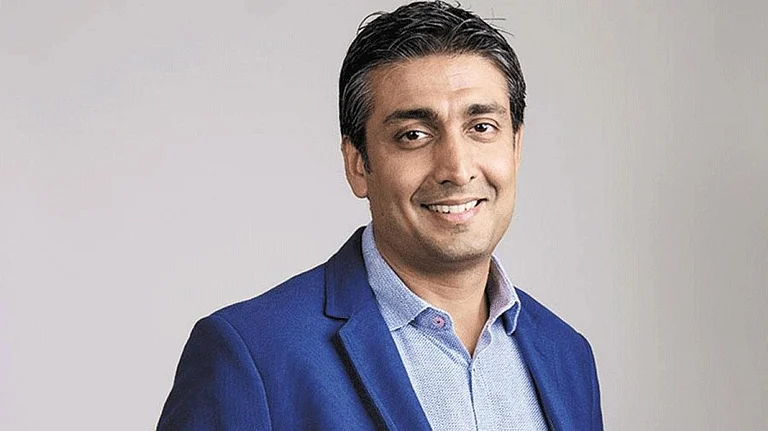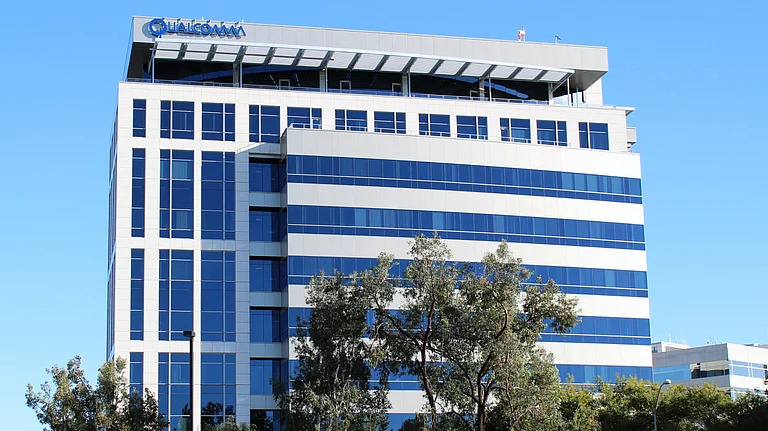There is a crude shock in the making. Petrol and diesel prices in India are at historical highs, with crude prices rising to $75 per barrel. The Indian government has, in fact, issued a price freeze from 23 April 2018 in lieu of the upcoming Karnataka elections. Since then, the price has been static at Rs.74.63 for petrol and Rs.65.93 for diesel. While rise in crude prices is bad news for inflation — a $10 increase in per barrel price of crude could push up inflation by about 30 basis points, the government may have to do a fine balancing act considering the fiscal situation and the compulsions of an election year.
If the government decides to cut excise duty on fuel to soften the hit of higher crude prices, it would have a negative impact on India’s revenue and fiscal position. Following the rise in crude prices, the government has already cut the basic excise duty on petrol and diesel by Rs.2 per litre in October 2017. This is estimated to reduce the centre’s excise duty collection in a range between Rs.28,000 crore-Rs.30,000 crore in the current fiscal. For every dollar per barrel rise in the Indian basket crude price, annual gross under-recoveries for oil companies sensitive to petroleum products could increase by around Rs.1,300 crore and the net import bill by $1.3 billion. The government has reportedly asked OMCs to absorb under-recovery of Rs.1 per litre on retail sales of petrol and diesel.
Since September 2016, while crude prices have risen close to 40%, petrol prices have been hiked 16.5%. However, earlier between August 2014 to September 2016, when global crude prices corrected 55%, the government reduced petrol prices only by 8.8%. Instead, between November 2014 and January 2016, the government hiked excise duty on petrol and diesel as many as 9x augmenting excise collections from Rs.99,000 crore (FY15) to Rs.242,000 crore in FY17.









